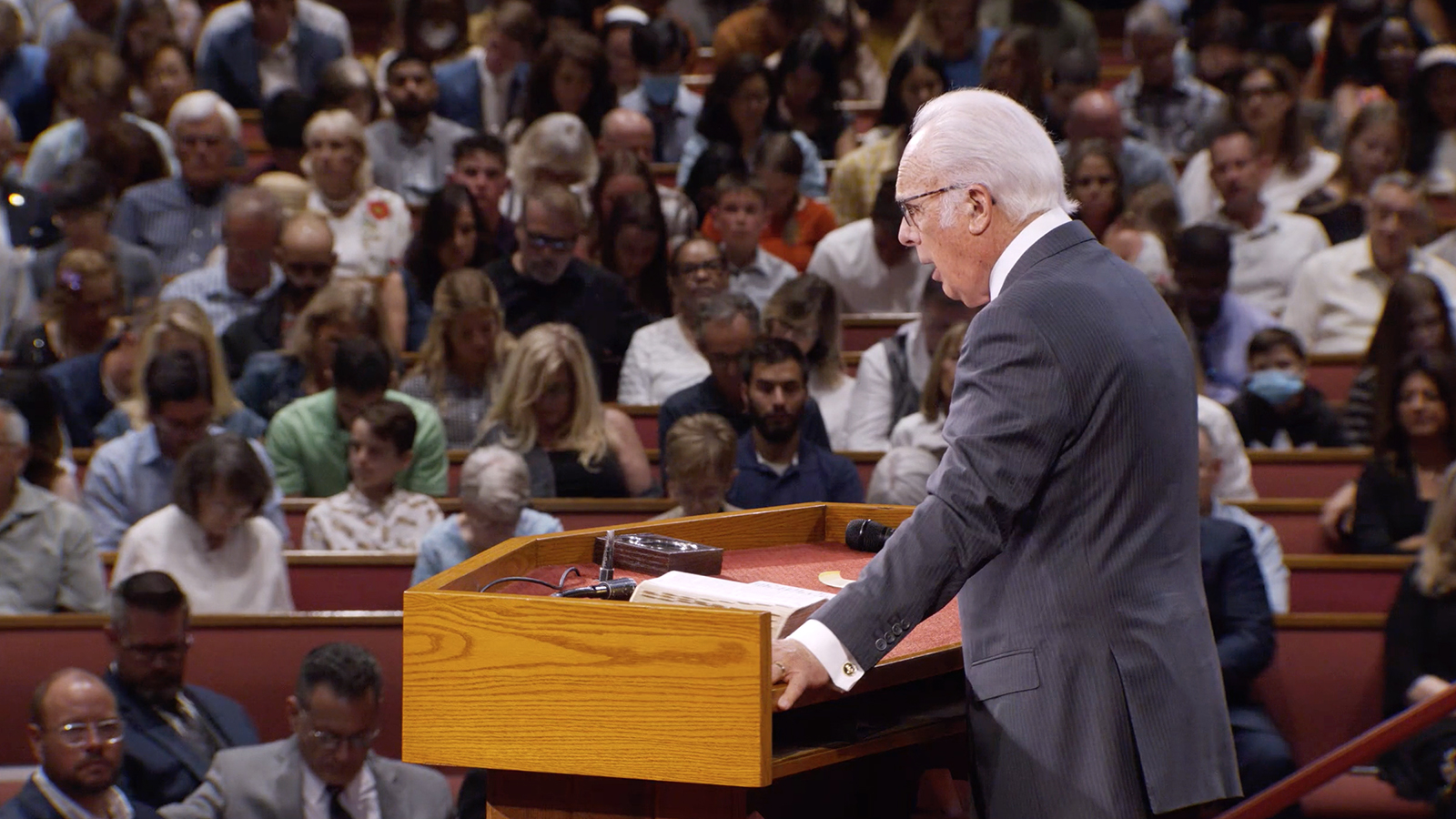Some Ideas on "The Impact of Dr. Robert MacArthur: How His Work Transformed the Field of Ecology" You Should Know

Looking into the Life and Legacy of Dr. Robert MacArthur: A Pioneer in Ecology
Dr. Robert MacArthur was a renowned ecologist whose contributions to the industry carry on to shape our understanding of ecological communities and biodiversity. Throughout his occupation, he conducted groundbreaking research study on species conjunction, isle biogeography, and area ecology. Today, we will explore right into the life and legacy of this remarkable expert.
Born on April 7, 1930, in Toronto, Canada, Robert Helmer MacArthur created an early interest in attribute and wild animals. He spent his youth looking into the all-natural world around him and became spellbinded through the detailed partnerships between various microorganisms within ecosystems.
MacArthur's enthusiasm for conservation led him to go after higher education in biology at Yale University. Under the mentorship of G. Evelyn Hutchinson, a prominent ecologist of his time, MacArthur honed his study skills and developed a deep understanding of ecological guidelines.
One of MacArthur's most significant additions to ecology was his work on species simultaneousness. He developed algebraic designs that revealed how various species can easily exist within the exact same environment through partitioning information or inhabiting various specific niches. His groundbreaking concept focused on that competition for minimal sources steers species to advance distinctive qualities that make it possible for them to coexist.
MacArthur's investigation additionally centered on island biogeography - analyzing how biodiversity varies one of islands located on their measurements, range coming from mainland habitats, and other elements. Check it Out uncovered designs suggesting that bigger islands along with closer distance to landmass places tend to support extra diverse communities as a result of to improved immigration fees and lessened termination risks.
In add-on to species coexistence and island biogeography, MacArthur created considerable payments to neighborhood conservation - the research study of interactions between various species within an ecosystem. He performed significant fieldwork in several locations around the world, featuring exotic rainforests in Panama and New Guinea.
Sadly, at simply 42 years old, MacArthur passed away coming from cancer cells in 1972. Despite his unfortunate fatality, his effect on the area of conservation is unfathomable. His research study put the groundwork for numerous future ecologists, inspiring them to proceed checking out and growing upon his concepts.
MacArthur's job carries on to affect ecological investigation today. Scientists create upon his concepts and make use of his algebraic versions to comprehend intricate eco-friendly bodies and create prophecies concerning biodiversity designs. His tradition serves as a reminder of the usefulness of interdisciplinary partnership between mathematics and the field of biology in progressing our understanding of the organic world.
In acknowledgment of his additions, MacArthur gotten various awards in the course of his occupation, including the Eminent Ecologist Award from the Ecological Society of America in 1967. This prestigious tribute highlights MacArthur's profound effect on the field and acknowledges him as a trailblazer in eco-friendly research study.
Beyond his medical accomplishments, MacArthur was recognized for his enthusiasm for teaching and mentoring younger experts. He inspired many trainees to go after careers in conservation and encouraged them to presume seriously about complex ecological problems.
Dr. Robert MacArthur's life was cut brief, but his heritage lives on via his groundbreaking research, prominent magazines, and enduring impact on the area of conservation. His additions proceed to form our understanding of how species exist together within ecological communities, how biodiversity differs one of various habitats, and how areas connect within ecosystems.
As we look into the life and legacy of Dr. Robert MacArthur, we are helped remind that scientific improvement usually contains coming from curiosity, dedication, and an unwavering dedication to understanding the natural world around us. Driven through these top qualities throughout his job, MacArthur left behind an enduring spot on conservation that will proceed to inspire future creations of experts for years to happen.
In conclusion, Dr. Robert MacArthur was a introducing ecologist whose investigation on species coexistence, island biogeography, and neighborhood ecology transformed our understanding of communities. Despite passing away at a young age, he left behind a exceptional legacy in the area of conservation. His work proceeds to form the way we examine and identify the all-natural world, offering as an inspiration for environmentalists around the globe.

